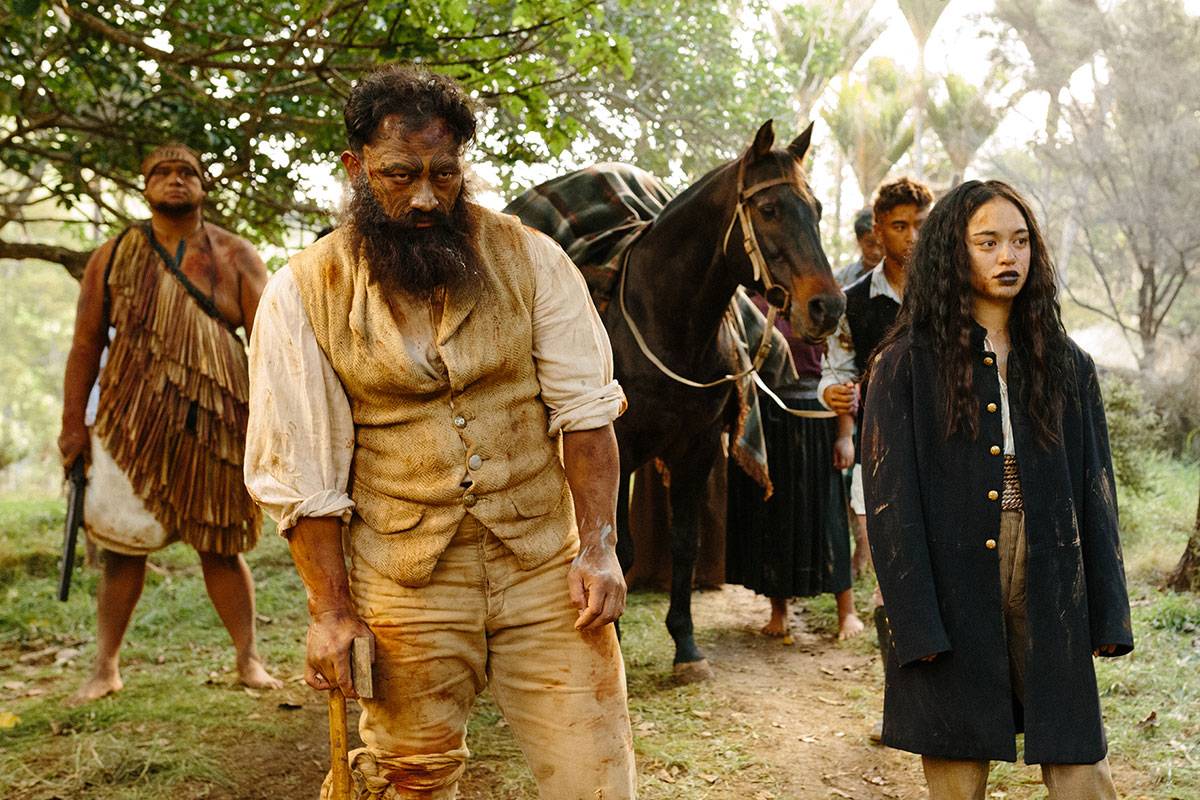In a world that often feels on the edge of instability, the 2024 Mother Tongue Film Festival theme is profoundly resonant: Finding Balance. This year’s films celebrate global stories that bring us closer to understanding how different people strive for balance throughout life’s complexities. Each story draws us into experiences where finding middle ground is key to survival and happiness.
This festival—opening on International Mother Language Day, February 21 to 24 in Washington, D.C.—isn’t just about watching movies. It’s an invitation to see how balance touches everything, from our personal struggles to collective global experiences. Among other intentions, these films remind us that striving for balance is a shared human endeavor, connecting us across cultures and personal journeys.
As balance is rarely a static state, it’s perhaps more useful to conceive of it as a dynamic process. This balancing process is beautifully portrayed as one of reconciliation and growth in We Are Still Here (Saturday, February 24, 7 p.m. at the Hirshhorn). In eight interwoven stories directed by ten Indigenous Australian and Māori filmmakers, this narrative is steeped in the duality of tradition and transformation.
“We Are Still Here celebrates the strength, defiance, and survival of Indigenous peoples not only from Aotearoa, Australia, and the Pacific, but all Indigenous people around the world,” producer Mia Henry-Teirney says.
Following eight protagonists in storylines spanning a thousand years into the past and future, the film illustrates the search for equilibrium between preserving cultural roots while embracing the inevitability of change.
Grape Soda in the Parking Lot (Friday, February 23, 4 p.m. at Planet Word), directed by Inuk filmmakers Megan Kyak-Monteith and Taqralik Partridge, reveals a unique narrative of balance between memory and identity. This film animates Patridge’s painted memories, portraying the struggle of losing her ancestral languages—Scottish Gaelic from her grandmother and Inuktitut from her father—to English.
As Patridge revisits her past, the film questions the authenticity of memory and the ownership of cultural loss. The short animation introspectively explores the struggle to reconcile cultural heritage with personal identity, offering a profoundly individual and introspective take on balance.
Often finding balance is perceived as a single individual’s undertaking, but the documentary film Künü (Friday, February 23, 2 p.m. at National Museum of Natural History) provides a glimpse into the communal undertaking of balance. Director Francisco Huichaqueo paints a vivid picture of his Mapuche community’s effort to maintain its identity, traditions, and values among non-Native Chileans. The film portrays the struggle for balance amid external pressures and internal aspirations, illustrating the bonds between individual and cultural identity.
The concept of balance resonates uniquely across these and all twenty-three films, echoing the global pursuit of this year’s theme throughout the festival. These films encourage us to reflect on balance as it threads through our relationships, work, passions, and daily hurdles. Each presents a unique journey toward equilibrium, offering a moment to contemplate our own paths. So, whether you attend all the Mother Tongue Film Festival screenings or just one, we hope to highlight the diverse experiences of balance that unite us all.
The Mother Tongue Film Festival takes place February 21 to 24 in various venues in Washington, D.C. All events are free and open to the public, although some require advance registration. All films are open captioned, and ASL interpretation will be provided for all Q&As and discussions. All venues are wheelchair accessible.
The Mother Tongue Film Festival is a public program of Recovering Voices, a collaboration between Smithsonian’s National Museum of Natural History, the National Museum of the American Indian, the Center for Folklife and Cultural Heritage, and the Asian Pacific American Center.
Chelsea Fuller is an intern for the Mother Tongue Film Festival at the Center for Folklife and Cultural Heritage. She is currently pursuing her MA at George Washington University studying linguistic anthropology and concentrating in museum studies.


